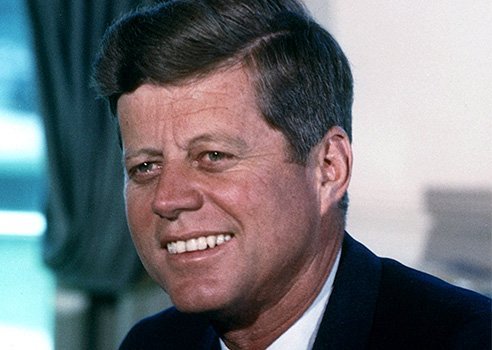Reading time: Less than 1 minute
Increase your vocabulary and you’ll make your writing much more precise. That’s why I provide a word of the week. Today’s word: paladin.
This Friday, November 22, marks the 50th anniversary of the assassination of JFK. I remember being in grade 2 and having our (Canadian!) class interrupted to tell us the news. I can’t recall for certain, but I believe we might even have been sent home early that day.
But, somehow, I managed to stretch beyond the age of 50 without having learned the word paladin. I encountered it recently in an Andrew Cohen story on JFK in the Nov. 16/13 edition of my newspaper The Globe and Mail. Here is the sentence in which it appeared:
Camelot was a myth conjured up by JFK’s shattered widow after his death, but it captured the moment, the sense of Kennedy as paladin.
Perhaps surprisingly, this word is related to Charlemagne, the King of Italy from 774, and from 800 the first emperor in western Europe since the collapse of the Western Roman Empire. A paladin was one of his 12 peers or knightly champions. By extension, the word also refers to any heroic champion or even to a determined advocate or defender. Yes, that might certainly describe JFK.
Fittingly, the word is of Italian origin, from paladino, which in turn comes from the Latin palatinus meaning “palace official.”


